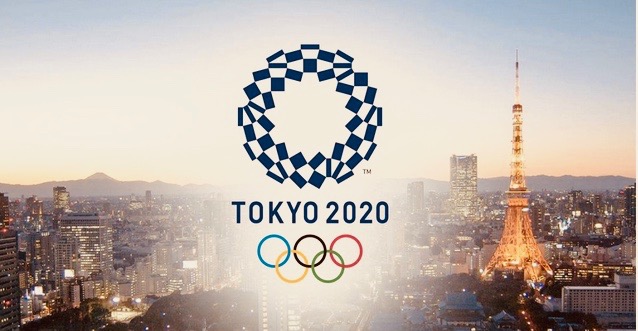ERIC ANDERSON WRITES — On Tuesday March 24, Japan’s Prime Minister Shinzo Abe, along with Thomas Bach, President of the International Olympic Committee, announced that they will postpone the 2020 Tokyo Olympic Games for an entire year, due to the threat of COVID-19. This is the fourth time in history that the Olympics have been cancelled under pressing circumstances that affect athletes and spectators alike on a global scale. The decision to postpone the 2020 Tokyo Games is unprecedented because it marks the first time in the Olympics’ 124 years of existence that they have been cancelled in a time of peace.
The first cancellation of the Olympic Games occurred during World War I in 1916 and the second and third came during 1940-1944, with World War II. The Games that were scheduled to take place in 1940 were originally to be hosted by Japan, but due to war with China, Japan forfeited its rights and the Games were rescheduled in Helsinki, Finland. After being rescheduled, the Games in Finland were cancelled due to Hitler’s 1939 invasion of Poland.
Ultimately, Japan was able to host the first ever Olympics in Asia with the Summer Games of 1964, in Tokyo.
The Olympic Games have a legacy of uniting people around the world despite tribulation, and so have acquired the mantra, “the Games must go on!” According to prominent organizers of the 2020 Tokyo Games, the event was highly touted as “the most innovative ever organised.” The event was to rest on three fundamental principles believed capable of transforming the world: strive for (and achieve) your personal best; accept one another (unity in diversity); and create a legacy (connect to tomorrow). One might now ask, can we achieve these same principles amid a pandemic which has instilled fear and panic? To many, the Olympics symbolize more than athletic endeavours, especially during times of crisis and polarization, when “The Olympics symbolize international cooperation and good will.”
The postponement of this event not only harms the morale of fans and participating countries but will also have an immensely negative impact on the Japanese economy. Estimates regarding the financial damage that Japan will incur due to this delay can be upwards of $18 billion. This adds to Japan’s current fears regarding a possible recession because of Covid-19’s effect on tourism. Japan is bound to face an uphill battle to recuperate financially, considering that the bid for Tokyo was $26 billion, a figure which includes money already spent for venue maintenance, ticket refunds, and the Olympic Village, which was to be turned into apartments, some of which have already been sold.
Despite these harsh consequences, postponing the 2020 Olympic shows global solidarity and forward thinking, as well as optimism. Maybe the Games will return better than ever… when the time is right.

